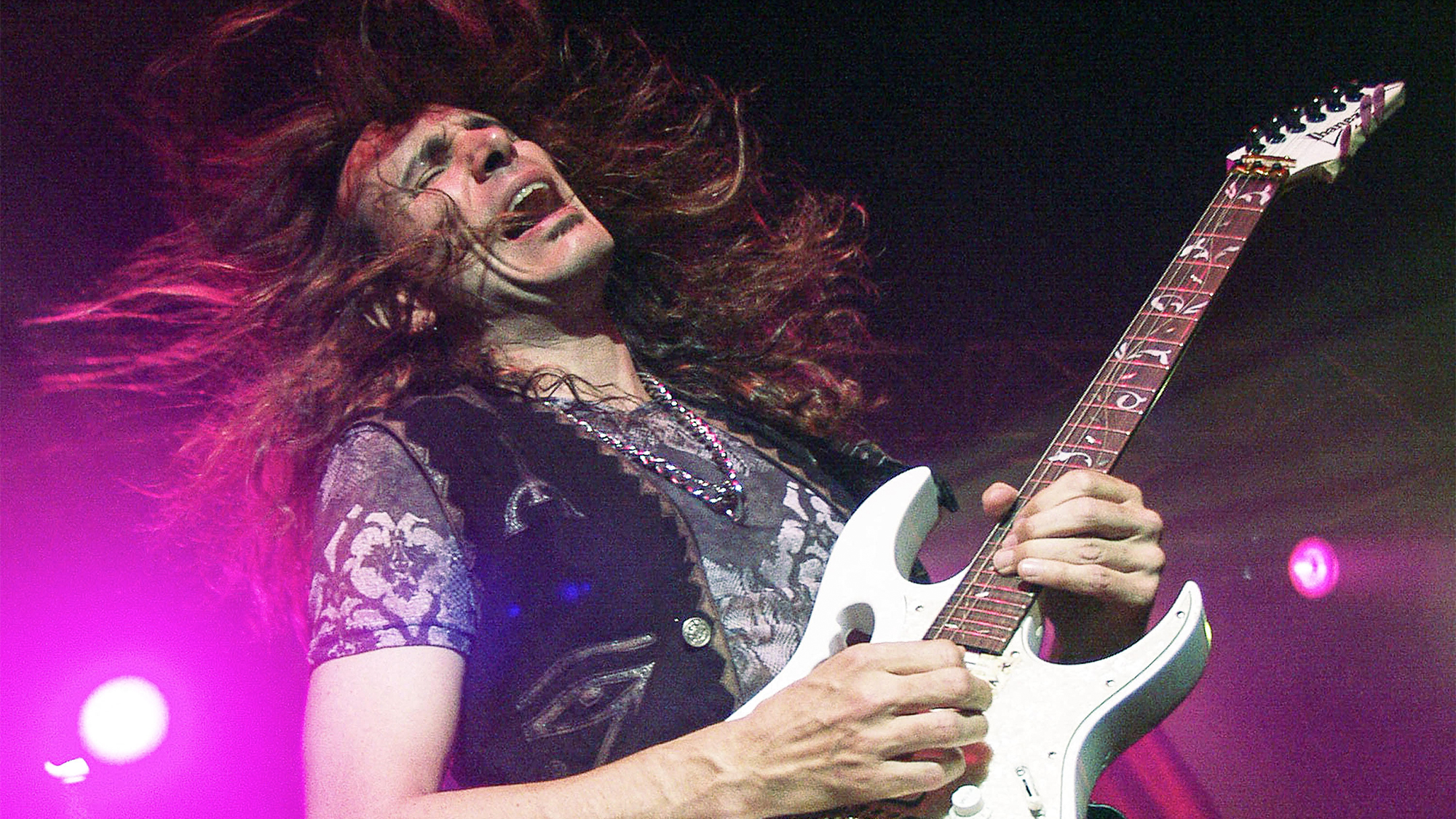Get Your Mojo Workin' Pro-Style
10 blues guitar giants share the magic behind their six-string technique.
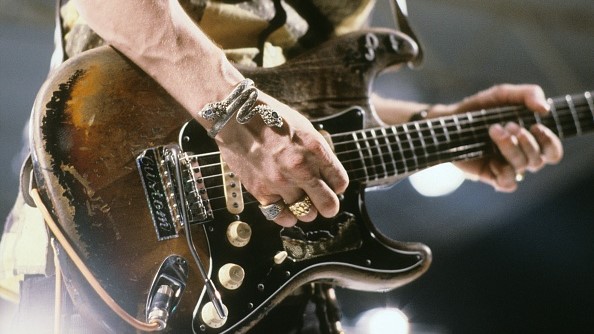
Playing blues guitar is as much about attitude as it is technique. If you’re suffering in either department, put some power back into your playing with this advice from electric guitar blues heroes of the past and present.
Stevie Ray Vaughan
“Your sound is in your hands as much as anything. It’s the way you pick and the way you hold the guitar, more than it is the amp or the guitar you use.”
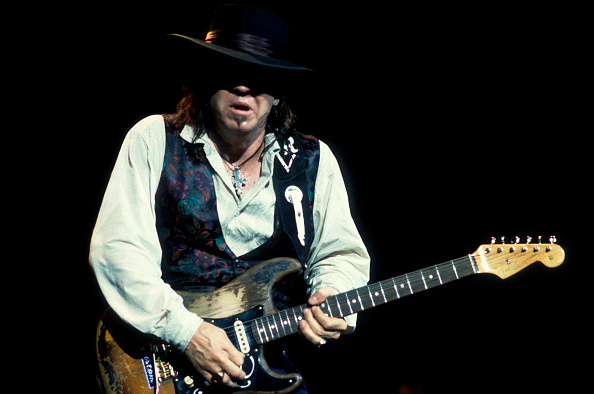
Roy Buchanan
“Use circle picking to play faster. Start by playing with your pick at an angle. Hit the string with one edge of the pick and you’ll find that you’re in position to come back on the upstroke with the opposite edge. Then, alternate pick with a rotating motion in either a clockwise or counterclockwise circle. The pick, while not changing its angle in relation to the string, is circling that area of the string. It’s not done with the wrist, but with the fingers holding the pick.”
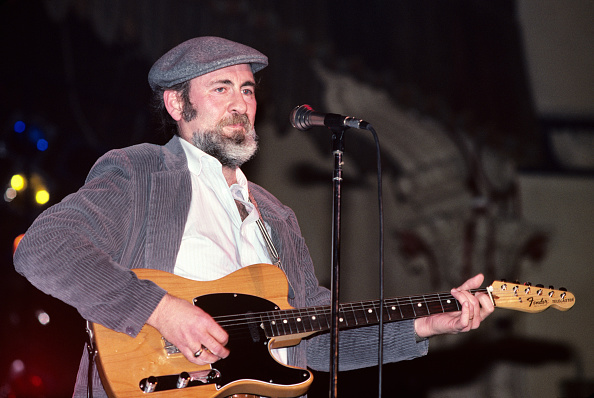
Bonnie Raitt
“Incorporate the feel of what someone plays into your style, rather than the actual notes. You just want to nail the emotion of how an artist’s singing and playing is making you feel, and how those feelings transform your own playing.”
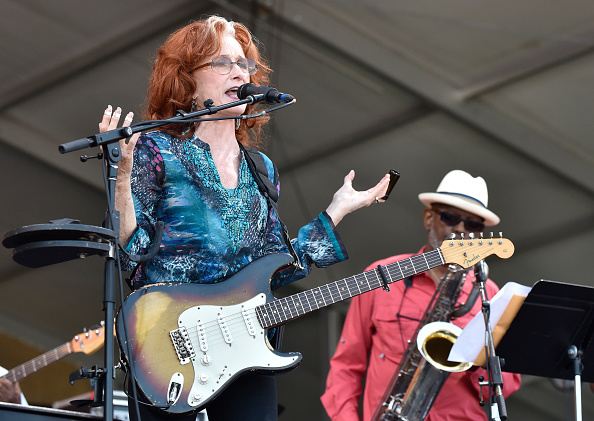
Jack White
“If you want to keep things raw, try limiting yourself to only two guitars on a track.”
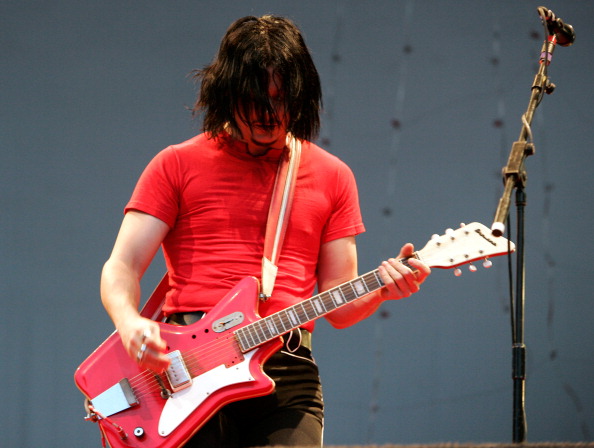
Rory Gallagher
“You must perform for an audience, because the real crunch happens when you get in front of people. You may discover that some things you played in rehearsal don’t make any sense because you fooled around too much with the frilly stuff and forgot the basic drive of the song. Playing live also teaches you to deal with situations like dropping your pick or breaking a string – as well as forcing you to project.”
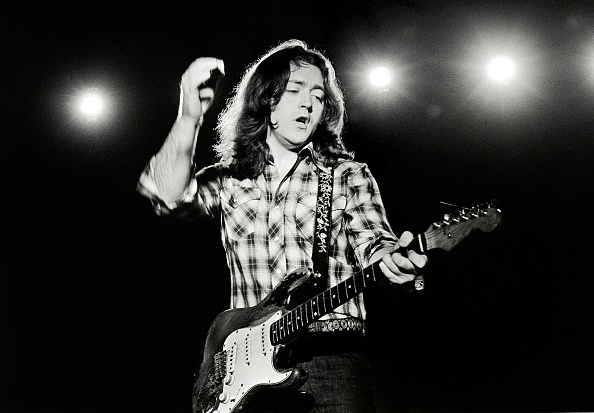
Eric Johnson
“Remind yourself that you’re free to feel great instead of reserved or insecure. When you’re feeling good, you’re more apt to take chances onstage, and if you make a bunch of mistakes, it won’t matter. It’s almost like you’re the instrument, and the music is flowing through you like electricity.”
All the latest guitar news, interviews, lessons, reviews, deals and more, direct to your inbox!
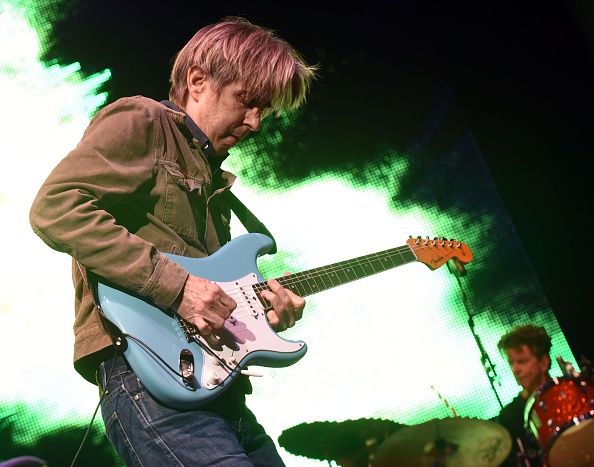
Ry Cooder
“Play a new thing every day. Learning one new passing chord, or a note combination, will get you moving towards something that will serve you later on. Someday, a song will come along that all of those things will relate to.”
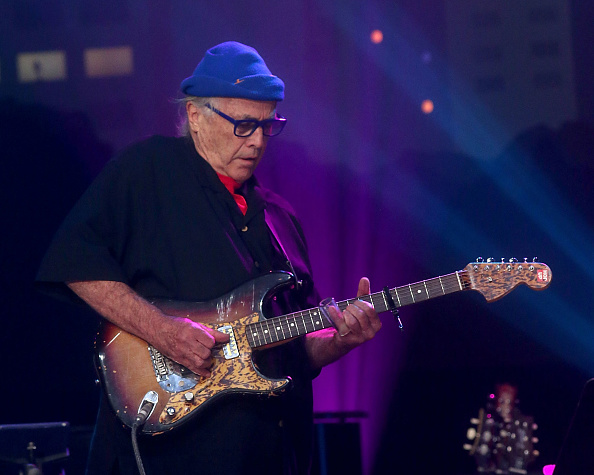
Hubert Sumlin
“Take a note from me, put it with your own notes, and make it you.”
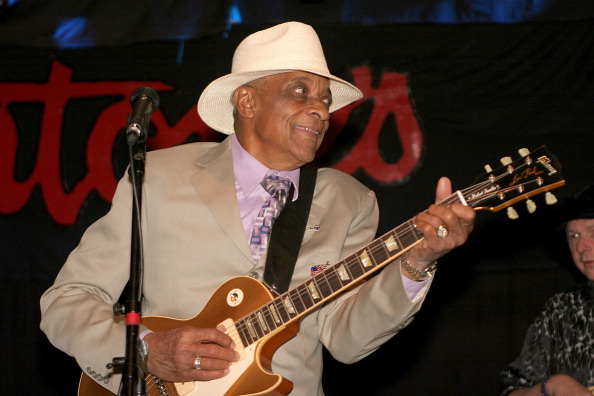
John Lee Hooker
“Forget about the fancy chords and just concentrate on a funky beat.”
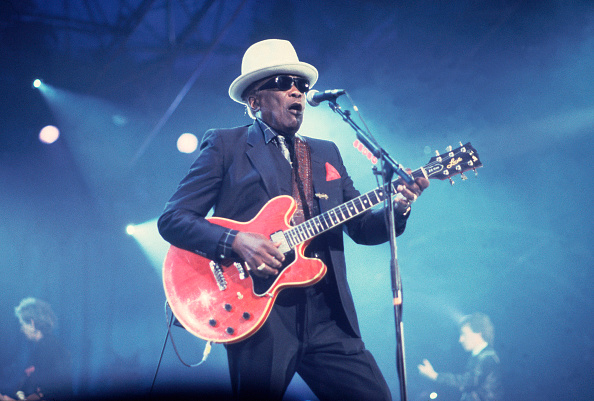
Jeff Beck
“Overindulgence in anything is wrong – whether it’s practicing 50 hours a day or eating too much food. I’ve tried to keep it so that I’m able to execute the ideas that come out, but practicing too much depresses me. I get good speed, but then I start playing nonsense because I’m not thinking. A good layoff makes me think a lot. It helps me get both things together – the creativity and the speed.”
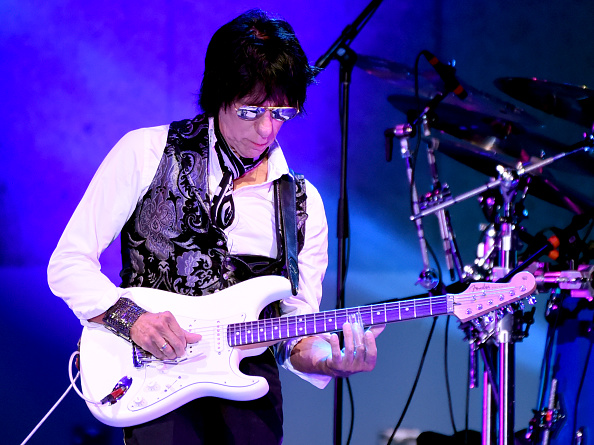
Christopher Scapelliti is editor-in-chief of GuitarPlayer.com and the former editor of Guitar Player, the world’s longest-running guitar magazine, founded in 1967. In his extensive career, he has authored in-depth interviews with such guitarists as Pete Townshend, Slash, Billy Corgan, Jack White, Elvis Costello and Todd Rundgren, and audio professionals including Beatles engineers Geoff Emerick and Ken Scott. He is the co-author of Guitar Aficionado: The Collections: The Most Famous, Rare, and Valuable Guitars in the World, a founding editor of Guitar Aficionado magazine, and a former editor with Guitar World, Guitar for the Practicing Musician and Maximum Guitar. Apart from guitars, he maintains a collection of more than 30 vintage analog synthesizers.
